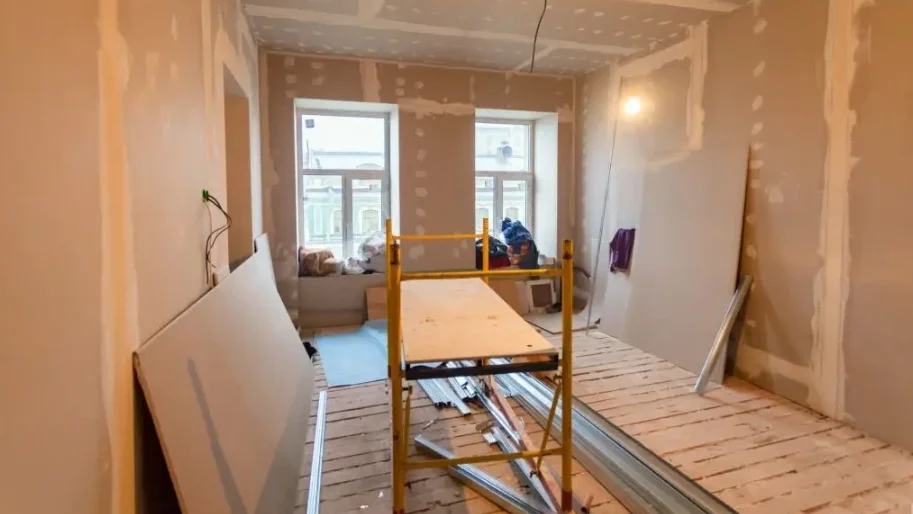Estimating a residential drywall job accurately is essential for general contractors, trade contractors, home builders, and architects in the USA construction industry. A precise estimate not only helps secure bids but also ensures that projects stay within budget. In this article, we will guide you through the steps to estimate a drywall job effectively, providing valuable insights for professionals in the field.
Understanding the Importance of Drywall Estimation
Drywall is a crucial component in residential construction, providing walls and ceilings with a smooth finish. Accurate estimation is vital because it affects overall project cost and timeline. Whether you are a contractor or a builder, knowing how to estimate drywall jobs can significantly impact your success in a competitive construction market.
Step 1: Gather Project Information
first step in estimating a drywall job is to gather all relevant project information. This includes:
- Blueprints and Plans: Obtain architectural plans for the project. These documents will help you understand the layout and dimensions of areas where the drywall will be installed.
- Site Visit: Conduct a site visit to assess existing conditions and look for obstacles or unique features that may affect the installation process.
- Client Requirements: Discuss with the client to understand their specific needs. This can include the type of drywall, finishes, and any special requests.
Step 2: Measure Area
Accurate measurements are crucial for estimating drywall jobs. To measure area, follow these steps:
- Calculate Wall and Ceiling Areas: Measure the height and width of each wall and the dimensions of the ceilings. Multiply the height by the width to get the total square footage for each surface.
- Subtract Openings: Don’t forget to subtract areas of doors and windows from your total measurements.
Step 3: Determine Material Costs
Step 3 includes the calculation of material costs.
- Drywall Sheets: Determine the number of sheets of drywall you will need based on your total square footage. Standard drywall sheets are typically 4 feet by 8 feet, so divide your total area by the area of one sheet to find the quantity required.
- Additional Materials: Include costs for joint compound, tape, screws, and any other materials needed for installation. These items are essential for finishing drywall properly.
Step 4: Estimate Labor Costs
Labor costs are a significant part of any drywall job. To estimate labor costs accurately, consider the following:
- Labor Rates: Research average labor rates for drywall installers in your area. Rates can vary based on experience and location.
- Time Estimates: Estimate the time required for installation. Break down the tasks involved, such as hanging, taping, and finishing, and assign time estimates to each task.
- Crew Size: A larger crew may complete work faster but will also increase labor costs. So, it is important to decide the number of workers needed to complete the job.
Step 5: Include Overhead and Profit Margins
When preparing your bid, including overhead costs and profit margins is essential. Overhead costs can include:
- Insurance: Factor in costs of liability insurance and workers’ compensation.
- Permits and Fees: Include any permits or fees required for the project.
- Administrative Costs: Consider costs related to project management and administrative tasks.
Once you have calculated your total costs, add a profit margin to ensure your business remains profitable. A common practice is to add a percentage of total costs as profit.
Step 6: Review and Finalize Estimate
Before submitting your bid, review your estimate thoroughly. Double-check all calculations and ensure that you have included all necessary components. Having a colleague review your estimate for accuracy may also be helpful.
Final Thoughts
For those who may find the estimation process overwhelming, consider utilizing construction estimating services. These services can provide expert assistance in preparing accurate estimates, allowing you to focus on other aspects of your business. They can help streamline process and ensure that you don’t miss any critical details.
Estimating a residential drywall job for bidding is a detailed process that requires careful consideration of various factors. If you need additional support, drywall estimating services providers have the expertise contractors need to enhance bidding process. With right approach, you can win more bids and ensure success of your projects.

